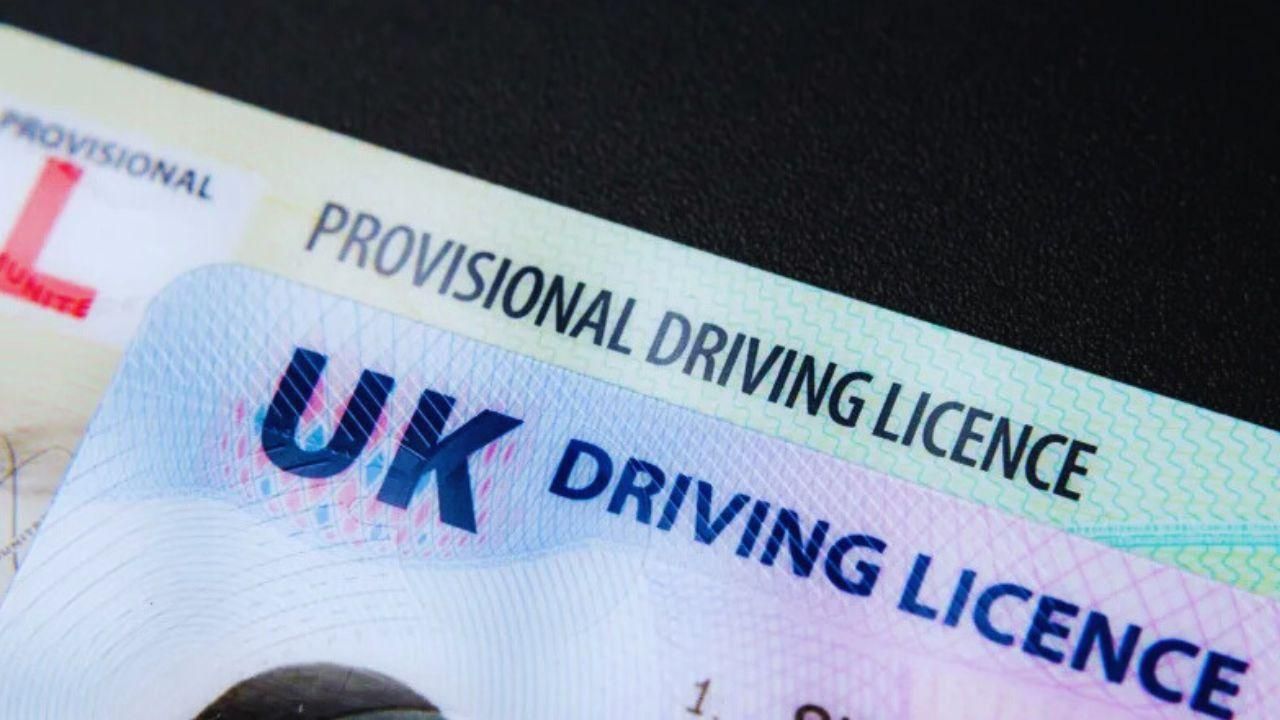In what has been called a "shameless" attempt to consolidate power for decades, the Labour Party under Sir Keir Starmer is accused of formulating a plan to repeal voter ID rules and grant voting rights to foreign nationals.
Deputy Prime Minister Rachel Reeves' recent remarks and a paper from the Institute for Public Policy Research (IPPR), which has strong ties to Labour, are the sources of the rumour that has infuriated Conservative MPs.
However, it can be traced further back to the last Conservative Government under Rishi Sunak, who introduced mandatory photo ID for voting in 2023 to combat voter fraud.
This required voters to show a form of photographic identification at polling stations before they could cast their vote in the local May elections that year, the following year and in the last General Election.
The move sparked cross-party criticism at the time, with the then Shadow Deputy Leader Angela Rayner describing them as "completely unworkable, unnecessary and set to lock millions out of voting" and former Business Secretary Jacob Rees-Mogg said the move backfired on his Government as "we found the people who didn’t have ID were elderly and they by and large voted Conservative, so we made it hard for our own voters and we upset a system that worked perfectly well."
The Electoral Commission's analysis post the general election (which would be post-2023 local elections in this context) revealed that at least 16,000 people were turned away from polling stations because they did not have the required ID.
The Commission noted that the ID requirement posed a greater challenge for some groups in society, though they did not specify which groups in their initial findings.
Labour has argued that it disproportionately affects the young, the poor, and ethnic minorities - groups that tended to vote for the party.
In June last year - exactly one month before Starmer swept to power in a landslide victory - Starmer expressed concerns about the impact of mandatory voter ID, suggesting he might move to scrap it should win the election.
"I think we need to review and look at the ID rules. I am concerned about the impact. I won't shy away from that," he told Sky News at the time.
Speculation intensified at the start of this year when the IPPR released its 2025 report, which warned that the UK was "close to a tipping point" where elections might lose legitimacy due to falling turnout among certain groups.
The report called for the "removal or relaxation" of photo ID requirements at UK general elections to “reduce inequality" at the ballot box.
While Labour did not include a pledge to scrap the policy in their manifesto, Rayner signalled that officials were still serious about implementing the reform days after the report came out.
“The one thing I would say is that in all of the reports that we’ve had in the past, in terms of electoral fraud [it] is very, very, very, very minor,” she told a Commons committee.
“And, therefore, we want to enfranchise people into exercising their vote and we’ll look at voter ID as part of that.”
The report doesn't stop at abolishing photo ID requirements. It argues for a broader conversation about citizenship and voting rights in the UK, suggesting that long-term tax-paying residents should have the right to vote.
The IPPR's analysis pointed out that around five million permanent residents are currently excluded from voting because they are not citizens of the UK, Ireland, or Commonwealth countries.
It claims allowing permanent taxpaying residents from outside the UK, Ireland, and the Commonwealth to vote would address an “obvious act of self-harm” as these disenfranchised groups make a valuable contribution to society both economically and culturally but have less influence over policy.
Starmer has not revealed any explicit plans to extend the vote to foreign nationals but he has previously said it does not pass the “common sense test” that settled migrants who have worked in the UK for decades do not have full voting rights.
“The thinking behind it is if someone’s been here say 10, 20, 30 years, contributing to this economy, contributing to the community, they ought to be able to vote,” he said.
While being more inclusive, extending voting rights to EU nationals and potentially other foreign nationals with settled status could also create new voting blocs.
Critics argue that these blocs might be more inclined to support Labour due to policies like EU citizenship rights, workers' rights, and a more progressive stance on immigration and integration.
The speculation around Labour scrapping photo ID and letting foreign nationals vote comes after Starmer expressed intentions to extend voting rights to 16 and 17-year-olds for UK general elections, potentially adding about 1.5 million new voters to the electoral roll.
This plan was part of Labour's policy discussions leading up to the 2024 election and was expected to be detailed in their manifesto or subsequent legislative agenda, but the pledge was not included in the King's Speech.
However, Cabinet Minister Lucy Powell later reaffirmed her party's commitment to the voting reform, suggesting that it's still a priority for the Labour.
These reforms have caused disquiet and anger in Tory circles, with Rees-Mogg saying: "Foreign nationals must not be allowed to vote in UK elections. Most will have the option to apply for British citizenship and if they have not taken it up clearly do not want to be full participants in our country so do not deserve the precious right to vote.
"I would also question whether it is still right to allow Commonwealth citizens to vote, it is an historic anomaly that in an era of excessive migration ought to be reviewed."
Nigel Huddleston, co-chairman of the Conservative Party, saying: “This is nothing more than a shameless attempt by Labour to rig elections in its favour and turn a blind eye to electoral fraud.
“It is no surprise that Labour has resorted to dirty tricks to improve its chances of electoral success and try to distract people away from its failures.
“In six short months in power it has trashed the economy, whacked up taxes and cut the winter fuel payment for 10 million vulnerable pensioners.”
Former defence minister Sir Alec Shelbrooke said: "It’s patently clear that Labour is gearing up to roll back sensible ID voting reforms introduced by the Conservatives and introduce other changes to gerrymander the result of future elections in its favour.
“As Labour and Sir Keir Starmer’s poll ratings collapse, this Government will get even keener on trying to rig election rules.
“But any changes won’t be about fairness – they’ll be about ministers trying to save their own skins.”
When approached for comment, a spokesperson for the Ministry for Housing, Communities and Local Government said:
“These claims are inaccurate. We have no plans to revise the franchise for foreign nationals, and we are evaluating voter ID rules to address any inconsistencies before bringing forward proposals.
“This government is committed to strengthening our democracy and making sure every legitimate voter can exercise their democratic right to vote.”
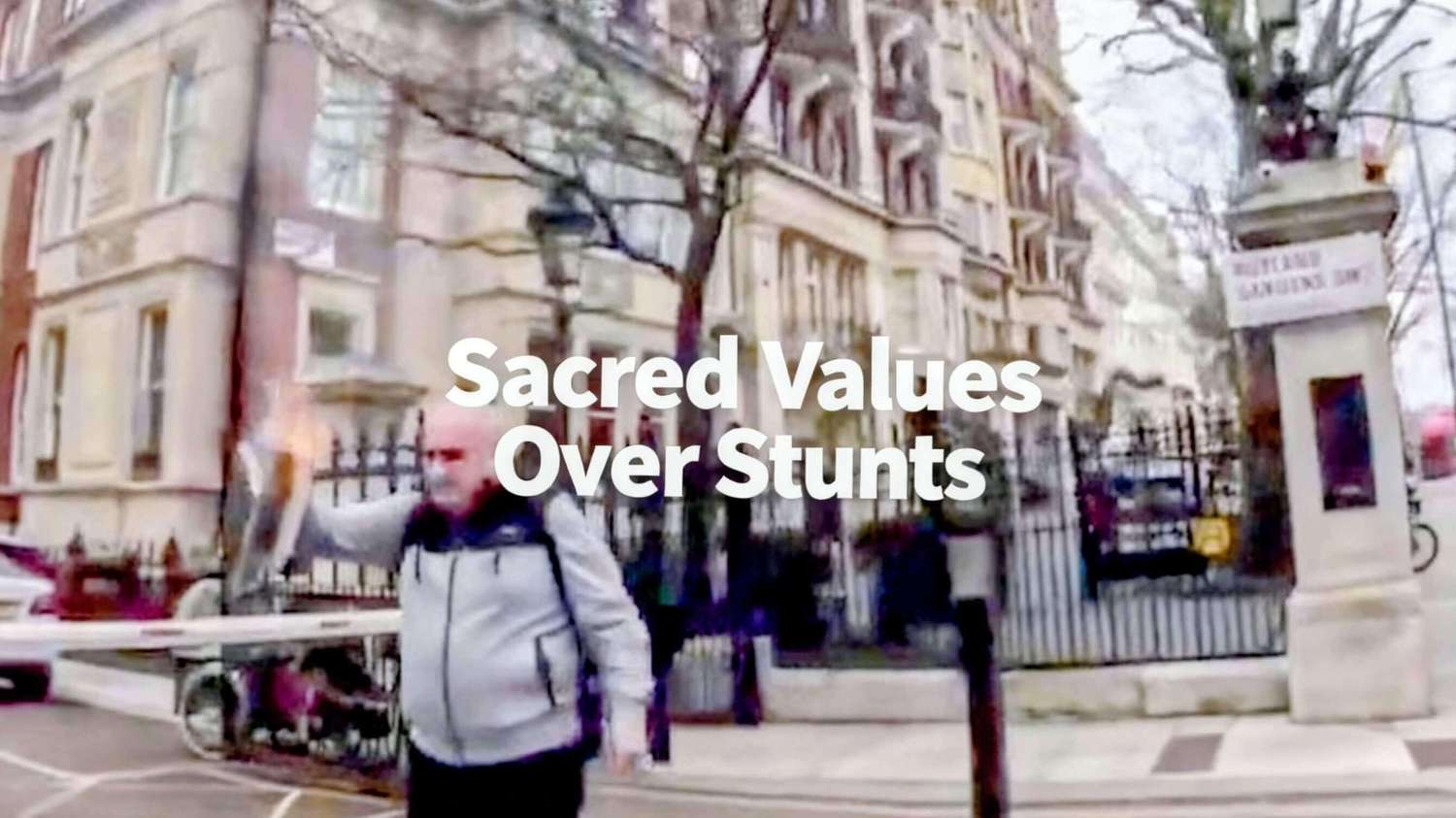

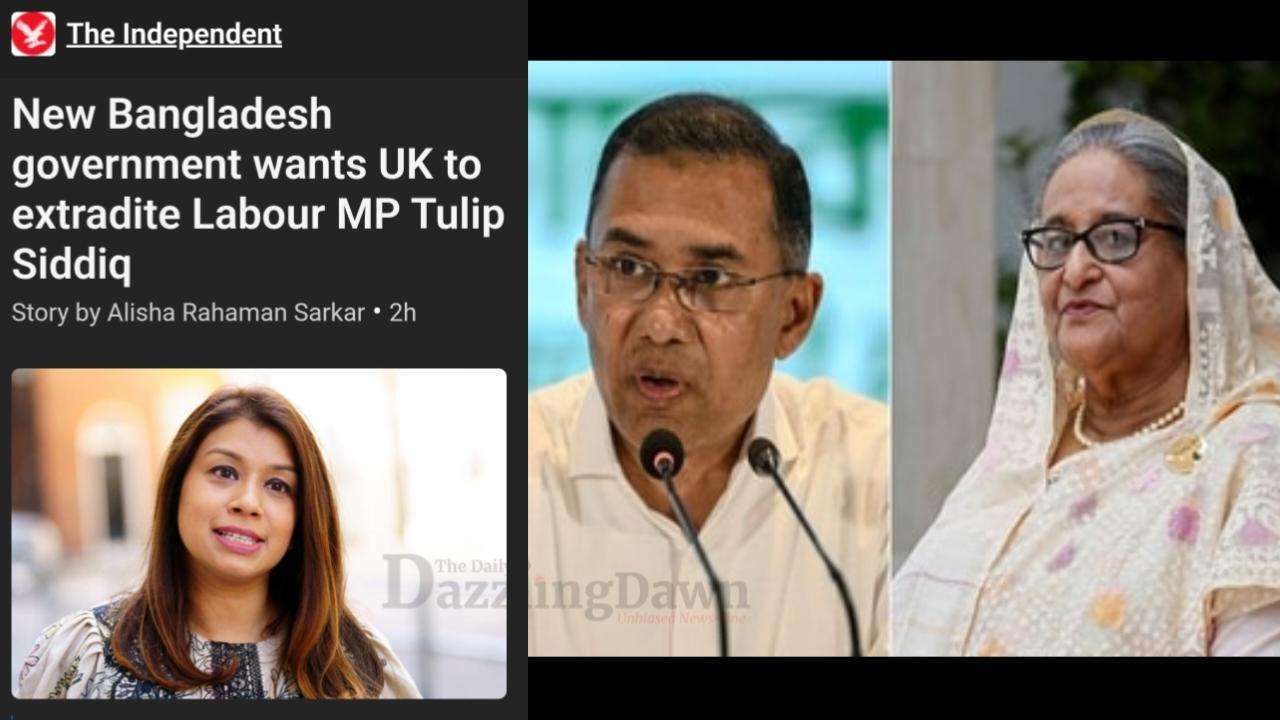

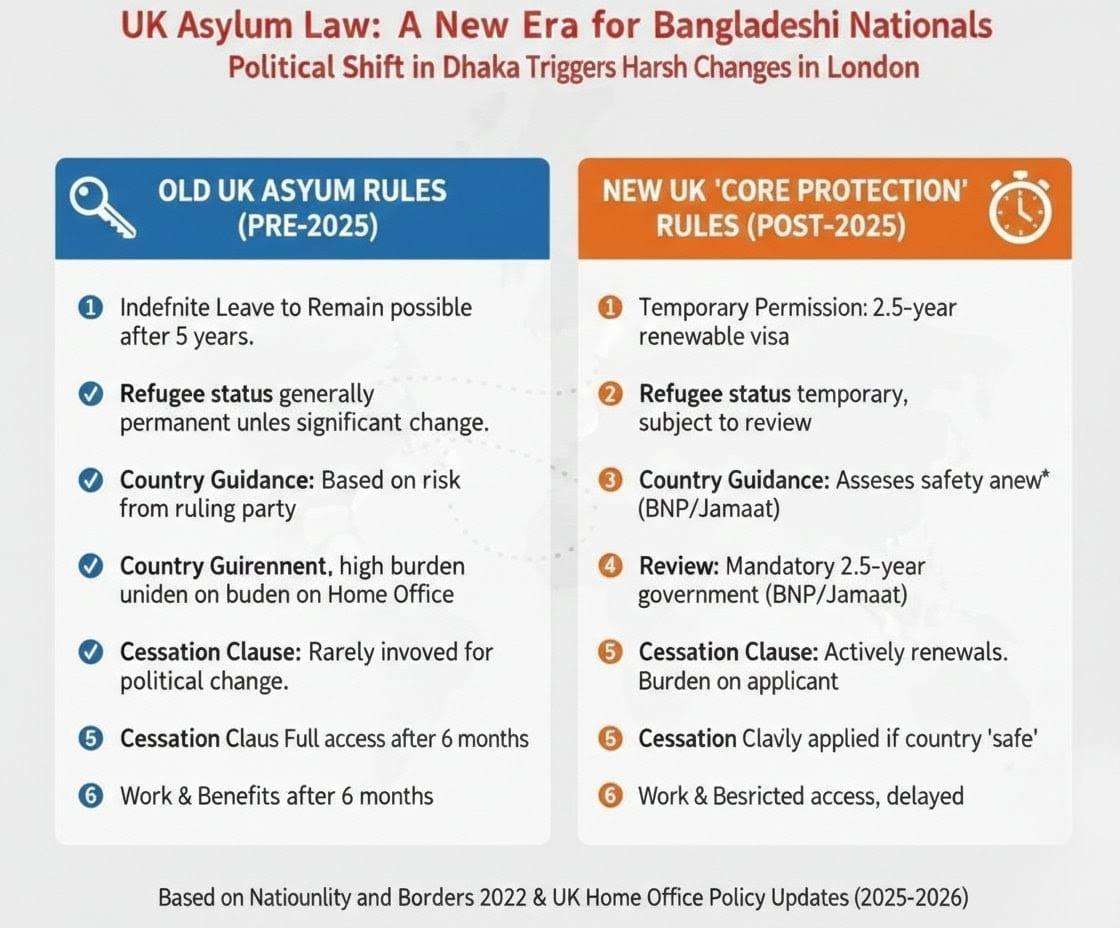


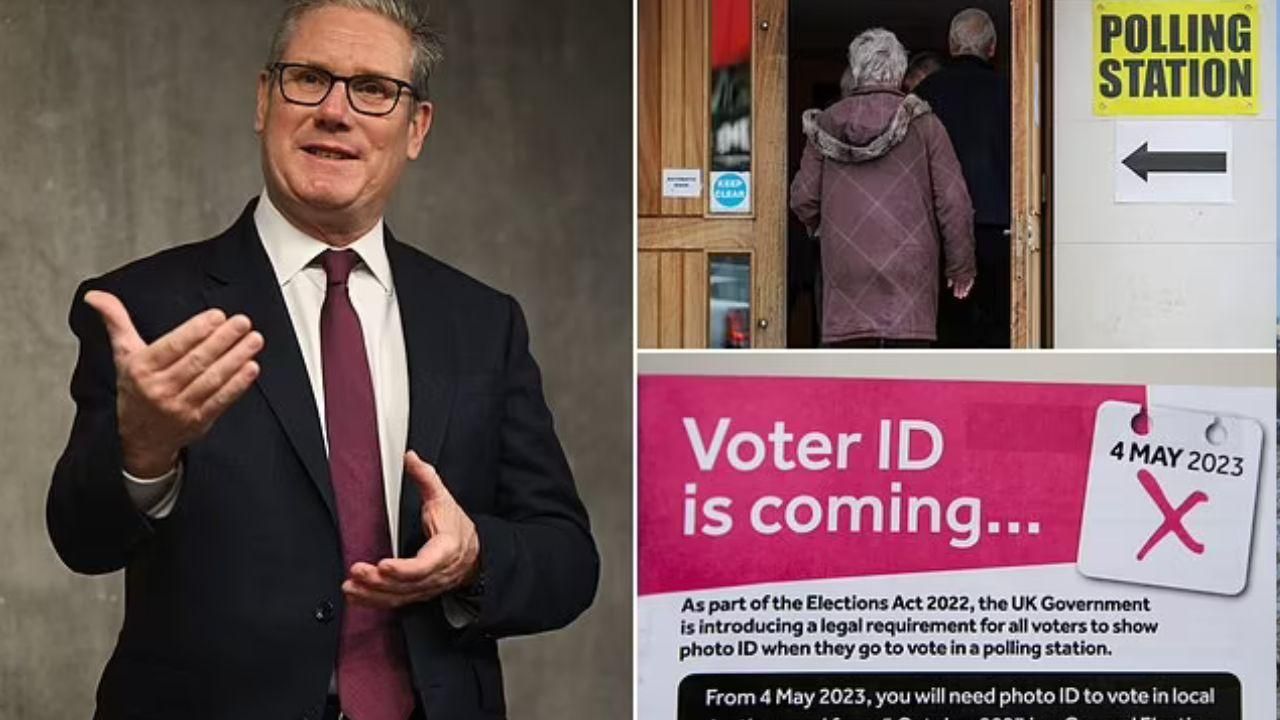
.svg)



